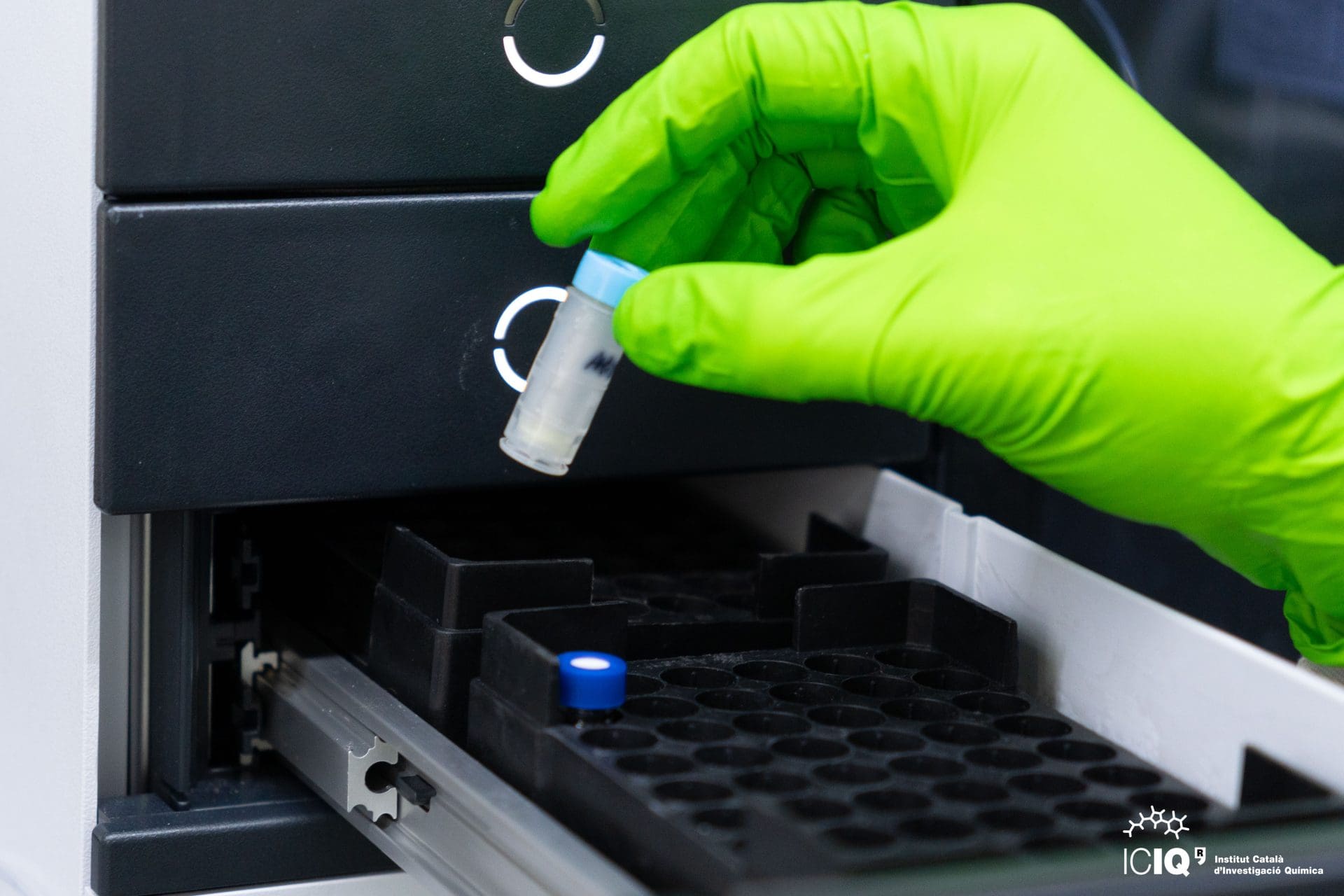Organometallic Chemistry in Organic Synthesis
Organometallic Chemistry in Organic Synthesis
Project description
We work on the development of organic chemistry, exploring new areas of organometallic chemistry. After our early work on palladium, nickel, ruthenium, and platinum, our most recent contributions have been in homogeneous gold catalysis, where we established the foundations that have guided the discovery of new transformations by other research groups.
Thus, our group was one of the pioneers in this area, discovering that gold(I) complexes are the most selective catalysts for the activation of alkynes and establishing the first comprehensive mechanistic scheme for reaction between alkynes and alkenes via cyclopropyl gold(I) carbenes. We have invented new cyclizations, cycloadditions, and other synthetic transformations, including new methods based on decarbenations. These new methodologies have been applied for the synthesis of many biologically relevant natural products, molecules of theoretical interest or of potential use in molecular electronics.


Convocatòria 2021 dels ajuts per donar suport a l’activitat científica dels grups de recerca de Catalunya (SGR-Cat 2021). Referència: 2021 SGR 01256
-
Reference: 2021 SGR 01256
-
Call identifier: SGR-Cat 2021
-
Timeline
01/01/2022 - 30/06/2025
-
ICIQ's Budget
60,000 € -
Senior Researcher
Prof. Antonio M. Echavarren
-
Project Coordinator
ICIQ
-
Financing Agent / Programme
AGAUR
Publications
-
2025 | ACS Catal.
Practical Synthesis of Chiral Ferrocenenylphosphino-Gold(I) Catalysts and NEST Analysis of the Enantioinduction
Mora, P.; Escofet, I.; Besora, M.; Cester Bonati, F.; Echavarren, A. M.

Let's create a brighter future
Join our team to work with renowned researchers, tackle groundbreaking
projects and contribute to meaningful scientific advancements
















